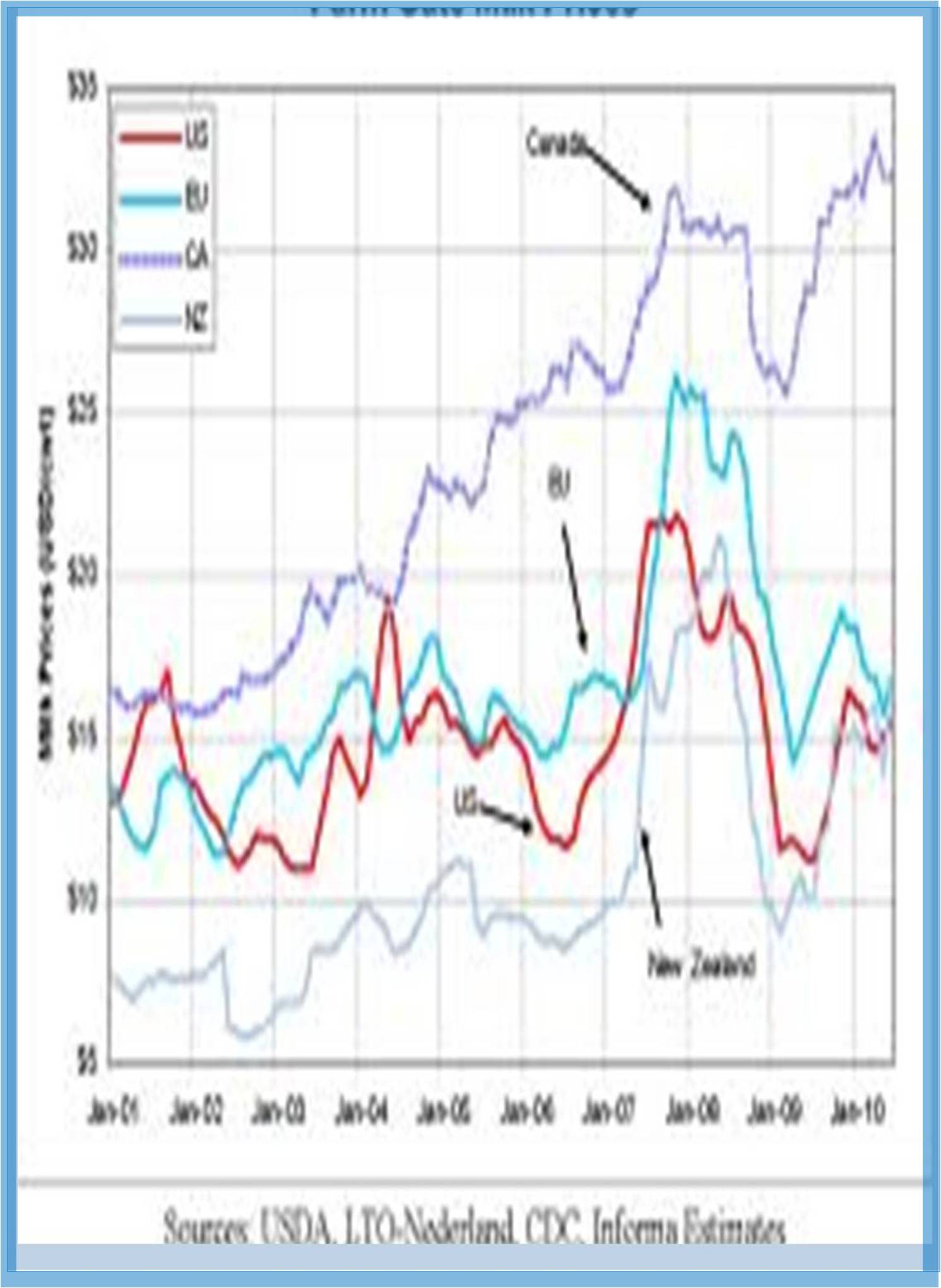



Received: 28-Jan-2022, Manuscript No. GJAEE-22-10-63649; Editor assigned: 02-Feb-2022, Pre QC No. GJAEE-22-10-63649(PQ); Reviewed: 18-Feb-2022, QC No. GJAEE-22-10-63649; Revised: 25-Feb-2022, Manuscript No. GJAEE-22-10-63649(R); Published: 08-Mar-2022, DOI: 10.15651/GJAEE-22.10.001
Agricultural economics today includes a variety of applied areas, having considerable overlap with conventional economics. Agricultural economists have made substantial contributions to research in economics, econometrics, development economics, and environmental economics. Agricultural economics influences food policy, agricultural policy, and environmental policy.
Agricultural economics arose in the late 19th century, combined the theory of the firm with marketing and organization theory and developed throughout the 20th century largely as an empirical branch of general economics. The discipline was closely linked to empirical applications of mathematical statistics and made early and significant contributions to econometric methods. In the 1960s and afterwards, as agricultural sectors in the Organization for Economic Co- operation & Development countries contracted, agricultural economists were drawn to the development problems of poor countries, to the trade and macroeconomic policy implications of agriculture in rich country and to a variety of production, consumption, environmental and resource problems.
Agricultural environment and natural resources is the field of environmental economics, agricultural economists have contributed in three main areas like designing incentives to control environmental externalities such as water pollution due to agricultural production, estimating the value of non-market benefits from natural resources and environmental amenities such as an appealing rural landscape and the complex interrelationship between economic activities and environmental consequences. With regard to natural resources, agricultural economists have developed quantitative tools for improving land management, preventing erosion, managing pests, protecting biodiversity, and preventing livestock diseases.
As a country develops economically, the relative importance of agriculture declines the primary reason for that was shown by the 19th century German statistician Ernst Engel, who discovered that as incomes increase, the proportion of income spent on food declines. For example, if a family’s income were to increase by 100%, the amount it would spend on food might increase by 60%; if formerly its expenditures on food had been 50% of its budget, after the increase they would amount to only 40% of its budget. It follows that as incomes increase, a smaller fraction of the total resources of society is required to produce the amount of food demanded by the population. Agriculture may also be a source of the capital needed for industrial development to the extent that it provides a surplus that may be converted into the funds needed to purchase industrial equipment or to build roads and provide public services.
For those reasons, a country seeking to develop its economy may be well advised to give a significant priority to agriculture. Experience in the developing countries has shown that agriculture can be made much more productive with the proper investment in irrigation systems, research, fertilizers, insecticides, and herbicides. The increased use of high-yielding varieties of rice and wheat from the 1960s showed that farmers were willing and able to adopt new crops and farming methods when their superiority was demonstrated. Those highyielding varieties, however, required increased outlays for fertilizer, as well as expanded facilities for storage and distribution and many developing countries were unable to afford such expenditures.
Agricultural Economics
This rapid expansion coupled with the essential role of food in our society has generated a field of economics solely dedicated to observing and predicting trends within the agriculture market landscape. Basic macro and micro-economic principles apply to farming, as do the existence of externalities such as climate change and nutritional health. Agricultural economics is defined as the economic system that produces, distributes, and consumes agricultural products and services. This represents a large interconnected supply chain on a global scale.
Agricultural economics is an applied phase of the social science of economics in which attention is given to all aspects of problems related to agriculture. Agricultural economics as a branch of the general subject of economics and it is only one of the many branches of applied economics such as industrial economics, labour economics, monetary economics, transport economics, public economics, international economics and household economics etc.